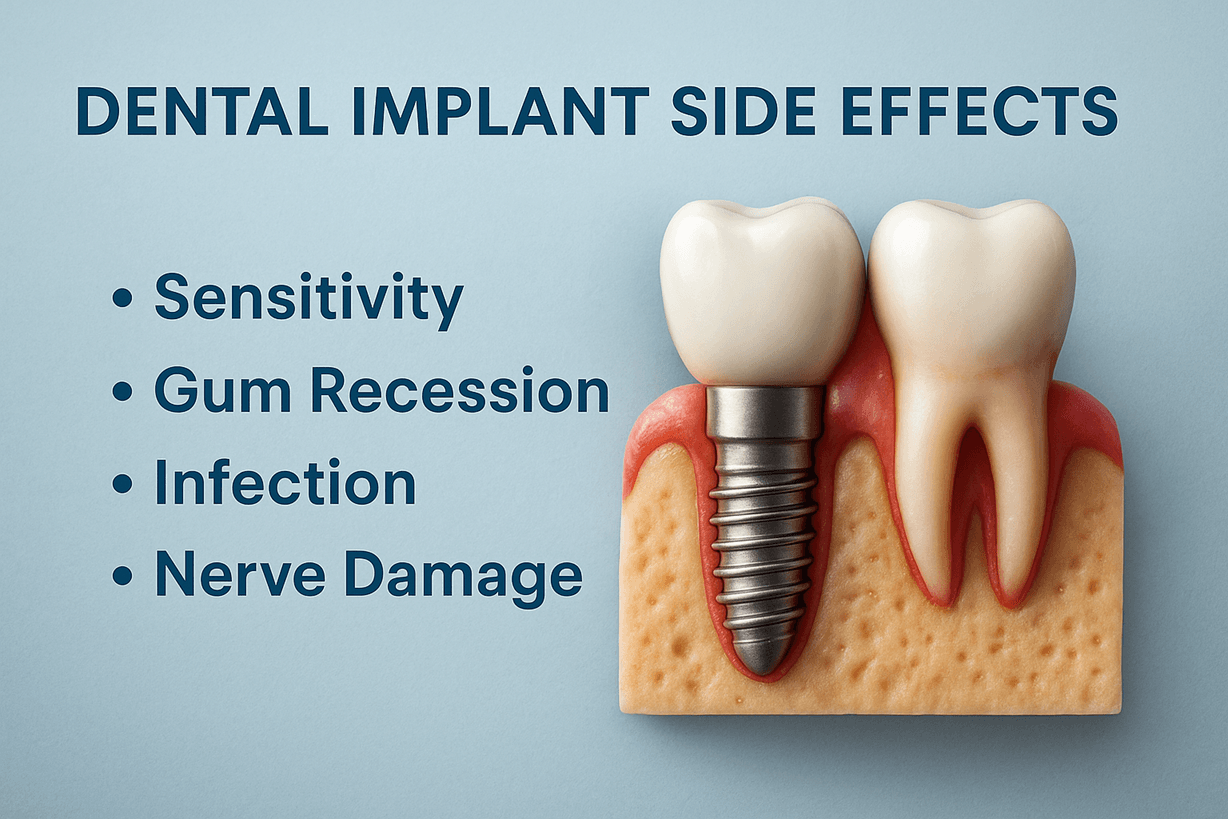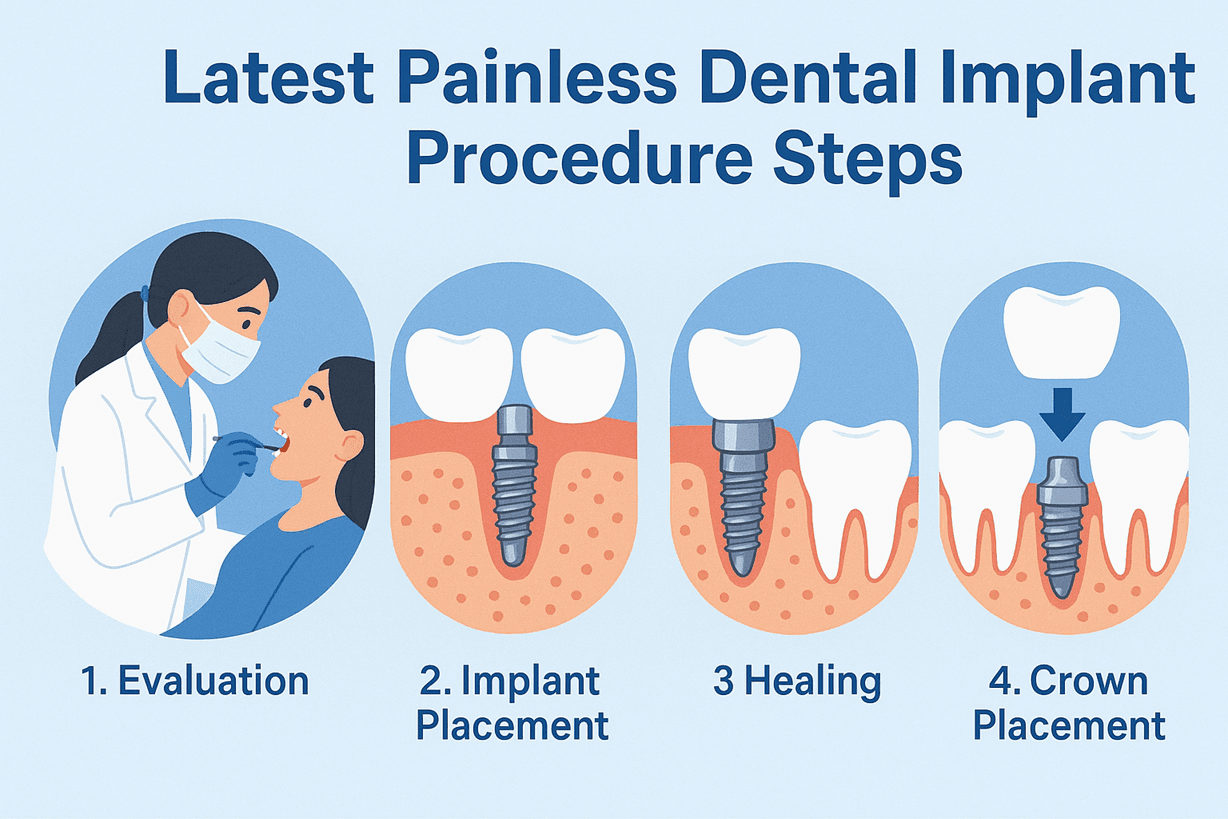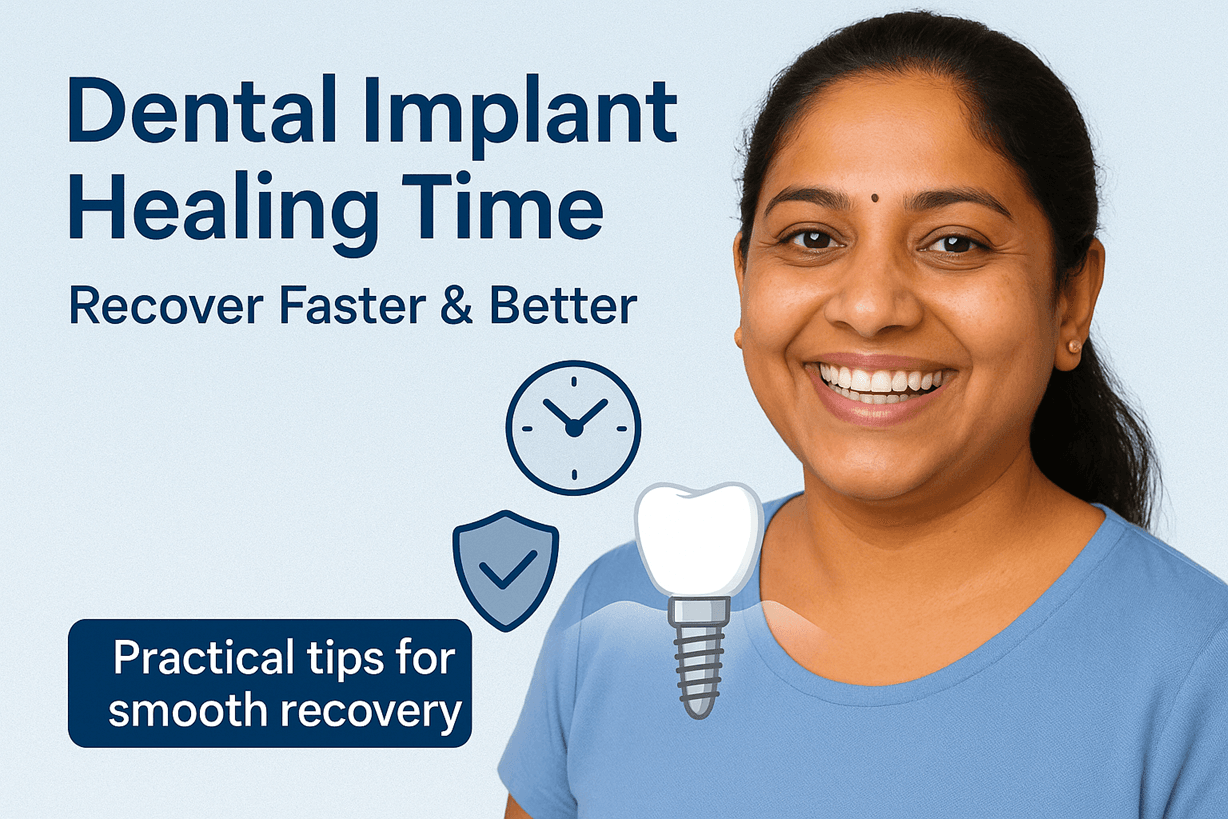Contents
Have you ever wondered what the difference is between an orthodontist and a dentist?
Both specialize in dental care, but their roles and expertise are quite different.

In this blog post, we'll dive into the world of dental health to help you better understand the distinctions between these two professions.
From braces to root canals, we'll break down everything you need to know about orthodontists vs dentists so that you can make informed decisions about your oral health. So let's get started!
What is an Orthodontist?
Orthodontists are also dental health specialists. They are, technically speaking, a type of dentist who specialises in jaw and tooth alignment.
The teeth, gums, and mouth issues that affect your oral health can be diagnosed and treated by certified orthodontists. However, orthodontists primarily concentrate on ensuring that your teeth and jaw are properly aligned.
What orthodontists do is:
- Watch over children's jawline and bite development.
- Diagnose and treat malocclusion, the misalignment of the teeth and jaws.
- A treatment strategy including braces and retainers should be developed.
- Conduct surgery to straighten your teeth.
- Put in orthodontic headgear, braces, palatal expanders, or Herbst appliances, among other dental devices.
What is a Dentist?
Doctors of oral health, and dentists are. Before continuing on to a graduate school of dentistry, dentists typically attend college to earn a pre-dentistry or pre-medical degree.
Before getting qualified, dentists must complete significant training in their field, much like all other doctors. Approximately 80% of dentists engage in general dentistry.
Your teeth, gums, tongue, and mouth might all have oral health issues that certified dentists can diagnose and treat. Additionally, they are capable of cleaning your teeth, but dental hygienists often handle it.
These are the services that dentists offer:
- Fill cavities, extract teeth, read dental X-rays, and repair Filling and bonding teeth alleviate gum disease, such as gingivitis, and restore fractured teeth to good oral health and dental hygiene.
- Prescribe oral health care, including prescription medication.
How are Orthodontists and Dentists Different?
Though both orthodontists and dentists share a similar foundation in dental training, their roles and education differ significantly.
Education: Orthodontists are required to undergo additional education beyond dental school, similar to how a doctor would need extra training to become a surgeon. After dental school, orthodontists complete an extra two to three years of specialized training in orthodontics to earn their certification.
Specialization: Orthodontists specialize in correcting tooth alignment, bites, and fitting patients for braces and other corrective devices. If a patient has an issue like an overbite, a dentist will refer them to an orthodontist for specialized care.
Training Path: Both orthodontists and dentists begin their education with pre-dentistry or pre-medical degrees. Dentists then attend dental school, where they spend the first two years in classrooms and labs, and the final two years working with patients under supervision. After dental school, dentists can practice general dentistry, while orthodontists continue their education to gain expertise in orthodontics.
In summary, while both professionals share a common foundation, orthodontists go through additional specialized training to focus on correcting bite and alignment issues, distinguishing them from general dentists.
What Services Do Orthodontists Provide?
Anytime you look for dental services, you must have heard of an orthodontist. Orthodontics is the speciality of an orthodontist.
The area of dentistry known as orthodontics deals with the identification, placement, and realignment of teeth that are crooked or out of alignment.
In other words, you visit an orthodontist and not just any regular dentist if you need braces. See what services orthodontists offer by reading on.
1. Misaligned and Crowded Teeth.
An orthodontist's primary responsibility is to identify and treat oral abnormalities and dental malocclusions. To correct the alignment issues, the orthodontist subsequently creates the appliances that realign your teeth and jaws.
2. Taking Care of Malocclusions.
The misalignment of your jaws might result in malocclusions. Your orthodontist is skilled in treating three different forms of malocclusions.
The malocclusions known as "crossbite" are those that are easy to realign and cure. The jaws are in decent condition, although the teeth are not entirely straight. Next is "overbite."
The larger upper jaw protrudes ahead of the smaller lower jaw. The malocclusion known as an "underbite" occurs when the lower jaw protrudes in front of the upper jaw and is larger.
3. Keeping the Distance.
The orthodontist will supply space fillers if your child loses their baby teeth before adult teeth.
Fillers for empty spaces keep the teeth next to missing teeth from overgrowing and reduce the amount of room for adult teeth.
Adult teeth won't erupt properly in a child's mouth if space fillers aren't used in the child's teeth.
4. Retainers.
You will receive retainers from your orthodontist either before or after undergoing orthodontic treatment. In some circumstances, you might only require retainers and no other orthodontic device.
The retainer's wire or string aids in maintaining the position of the teeth. Or, in some cases, you might utilise your teeth a little bit before getting braces.
What Services Do Dentists Provide?
The majority of dentists working in the country are general practitioners who serve as the main caretakers for oral health for patients of all ages.
They are trained in a wide range of dental operations rather than focusing on a single field of dentistry.
A general dentist can, and frequently does, take care of the dental health of every member of the family, starting with the youngest. This is similar to how a family doctor looks after the overall health of the entire family.
1. Dental Preventive Care:
The majority of a general dentist's work should be preventative. Dental professionals instruct patients on how to effectively care for their teeth and gums at home, including correct oral hygiene and a healthy diet, with the long-term dental health of you and your family in mind.
2. Gum and Tooth Disease:
Cavities (tooth decay) and periodontal (gum) disease are the two broad categories of issues that a general dentist will assess, diagnose, and treat.
These can include simple cavity fillings or root canal treatment if the infection has spread to the pulp at the tooth's very centre.
3. Dental Cosmetics:
A general dentist is aware that, even though dental health is of the utmost significance, people's appearance and level of confidence when they smile also have a significant impact on their overall well-being.
A general dentist is aware that, although dental health is of the utmost significance, how people appear and how confidently they smile also has a significant impact on how they perceive the world.
While having a cavity filled or your gum disease effectively treated may make you feel better, you might not like the way your teeth look, especially when you smile.
Tips for Finding the Right Provider
When searching for an orthodontist or dentist, it's important to choose someone you feel comfortable with who listens to your concerns and addresses your specific needs.
Here are a few tips to guide you:
Seek Referrals: Start by asking your regular dentist for a recommendation, especially if you need specialized care.
Check Qualifications: Ensure the provider is qualified to treat your condition. You can verify this through the American Association of Orthodontists (AAO) or the American Dental Association (ADA), which offers lists of certified providers in your area.
Ask Questions: Don’t hesitate to ask about the provider’s experience, treatment options, and how they can help with your specific dental needs. This will help you make an informed decision.
Choosing the right provider is key to achieving the best care and results.
Conclusion
Orthodontists and dentists both play vital roles in a person's oral health.
It is important to understand the differences between them so that you can make an informed decision when it comes to selecting the right professional for your needs.
An orthodontist specializes in correcting jaw alignment, while a dentist focuses on maintaining general dental health.
By understanding these nuances, you can find the best fit for your particular situation and get the treatment that will help protect your teeth and give you a beautiful smile.
Frequently Asked Questions
1. Are Orthodontists and Dentists The Same?
No, orthodontists and dentists are not the same. While both work with teeth and oral health, orthodontists are specialists within the field of dentistry that focus on the alignment of teeth and jaws.
They receive additional training after dental school to become experts in correcting malocclusions (i.e., improper bites) and other related issues.
Dentists, on the other hand, provide general oral health care, such as cleaning teeth, filling cavities, and treating gum disease.
2. Is Orthodontist Higher Than Dentist?
No, an orthodontist is not necessarily "higher" than a dentist, as both professions require different types of expertise and training.
While dentists are trained to provide a wide range of oral health services, orthodontists have specialized knowledge and skills in the diagnosis, prevention, and treatment of dental and facial irregularities.
So, it's not a matter of being "higher" or "better" - they simply have different areas of focus.
3. How Is An Orthodontist Different From A Dentist?
Orthodontists and dentists differ in their areas of expertise and the types of services they provide. Orthodontists specialize in the diagnosis, prevention, and treatment of dental and facial irregularities, with a focus on correcting malocclusions (i.e., improper bites) and related issues.
They are trained to use braces, aligners, and other appliances to help straighten teeth, improve jaw alignment, and enhance overall oral health.
Dentists, on the other hand, provide general oral health care, such as cleaning teeth, filling cavities, and treating gum disease.
They may refer patients to orthodontists for specialized treatment, but their focus is on maintaining oral health and preventing dental problems.
4. Who is better: A dentist Or an Orthodontist?
It's not a matter of who is "better" - both dentists and orthodontists provide important services that are essential for maintaining good oral health.
Dentists focus on general oral health care, while orthodontists specialize in correcting malocclusions and related issues.
The type of provider you need will depend on your specific dental needs and the advice of your healthcare provider.
It's important to work with a provider you trust and who can meet your unique oral health needs.



